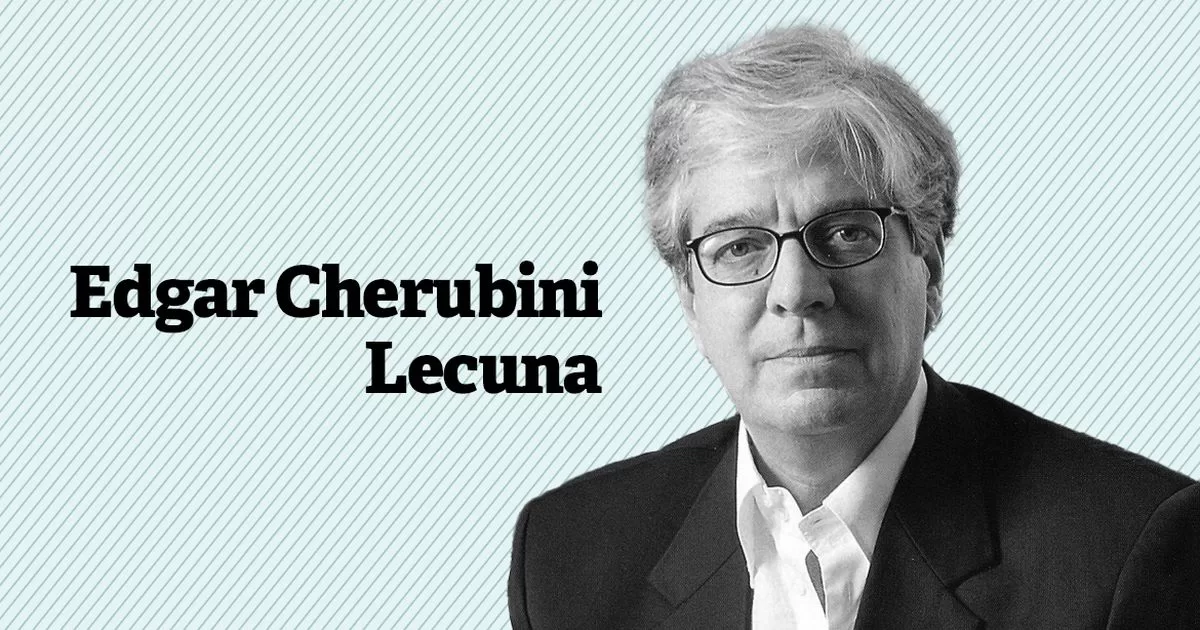In this misguided and dramatic present, of omnipresent misery and blind violence, talking about ethics can seem incongruous, inappropriate or even provocative, almost a scandal. In political discourse it is rare to hear about ethics as a principle that generates values such as dignity, truth, justice, equality, responsibility, compassion, goodness and freedom as social ideals. On the contrary, we are experiencing a dangerous decline in Western values and it is partly due to the loss of ethical consensus on the aspiration for the Good, which is only possible to achieve through the exercise of human rights in democracy and the subordination of politics to ethics. Promoting the capacity for synergy to chart a course towards new paradigms will only be achieved by rescuing moral values and adopting an ethical attitude as the only solid ground from which to make decisions. This reflection out loud leads us to investigate its origins. The word ethics is derived from the ancient Greek ēthikós (θικς), meaning “One’s character”, which in turn comes from the root word êthos (θος) meaning “moral nature”.
The great paradigm of Greek education was to establish an ideal for the morality of man: the aspiration for Good and Beauty, yes, beauty must also be a social aspiration. Plato (5th century BC) stated that “Beauty is encompassing and unifying” and defined the Good as, “that which links the entire sensible and intelligible universe, the material, the ideas and their representations, the earth, the stars. “, man, politics, science.” But this aspiration was not born by chance, but was the product of a conscious discipline, condensed in the concept of Areté or Virtue.
In the Iliad, Homer (8th century BC) tells the story of Hector, the best warrior of Troy, who decides to defend his city from the invader. The concept of Areté or Virtue is used here by Homer to designate human excellence, that is, the character traits that make the difference between a noble man and an ordinary man. As Fernando Savater expresses, “Héctor was a man like the others, who could have gotten sick or escaped, even more so sold himself to the enemy, however, he decided to do the most difficult thing. Why? because he was a free man, capable of choosing his way of life; In other words, Héctor was a man with “ethics.”
According to Werner Jaeger (Paideia, 1962), the strength of nobility lies in the fact that it awakens the feeling of duty towards the ideal. The attitude of the Greek warrior does not only mean defeating an adversary, but also maintaining the Areté conquered after the rough control of the passions, subject to a constant demand for behavior. Therefore, Areté and honor were inextricably linked. Honor not as vanity, but as a measure of value for the merit achieved. Aristotle (IV century BC) is inspired by this model when he states in his Nicomachean Ethics: “everything that nature gives us we receive first as potentialities, which we then translate into acts (…) Whoever esteems himself, He must be indefatigable in his moral heroism and, if necessary, abandon everything to appropriate Good and Beauty.” In other words, we have these values potentially within us and the key to making them emerge lies in our attitude, in the decisions and actions we undertake.
Morality (from the root Mori: custom) has to do with the values that we accept as valid in our society. Ethics is the reflection on why we consider them valid and why we decide to act accordingly. Being responsible with oneself is the true exercise of freedom, it is understanding that each of my actions builds me, defines me, invents me, by choosing what I should do I transform myself little by little, all my decisions leave imprint on myself and the society that surrounds me.
Aristotle in his Nicomachean Ethics reaffirms the ethical concept in the following way: “Both virtue and vice are in our power.” By being able to decide on virtue, we exercise our freedom, our power, then adding a definitive phrase: “You cannot be free for another.”
Virtue, Ethics and Freedom are inseparable concepts. The word Virtue derives etymologically from the root “vir”, the virile strength of the warrior, the rigor and temper that are imposed in physical and ethical combat. Octavio Paz sums it up masterfully: “freedom is not a philosophy and it is not even an idea: it is a movement of consciousness that leads us, at certain moments, to pronounce two monosyllables: “Yes” or “No.”


